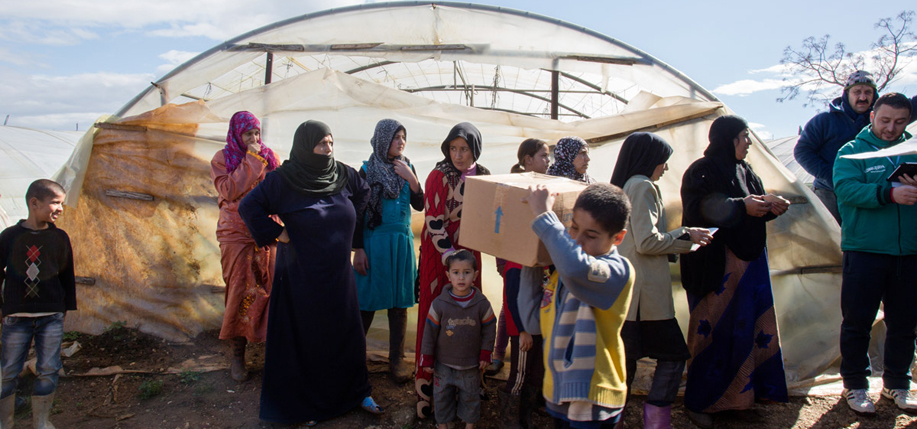On September 3rd this year, the photograph of Aylan Kurdi, the Syrian three-year-old whose body washed ashore on a Turkish beach, ran across the front pages of newspapers world-wide, putting a horrifying human image to the crisis that has embattled Syria for almost five years. Many periodicals, such as the Irish Times, debated whether or not to censor the image, but ultimately went forward with the undoctored photograph. Many have likened the harrowing picture to the 1972 “Napalm Girl” photograph, which put a face on the atrocities committed in Vietnam, rousing many in the western world to action.
Over an estimated 4 million Syrians have left seeking refuge since the crisis began (which, according to Concern Worldwide US, is over one fifth of the total number of displaced people in the world), and while the majority have flooded into Lebanon, Turkey, Jordan, and Iraq, roughly 200,000 are making their way to Europe. As émigrés stream out of Syria, the EU has called upon its members to accept more refugees.
Frances Fitzgerald, Ireland’s Justice Minister, recently confirmed that Ireland would accept 4,000 refugees. In her statement regarding this decision, Fitzgerald said, “Ireland will offer a welcome safe haven for families and children who have been forced to leave their homes due to war and conflict.” The head of the Irish Refugee Council has estimated that the country could house up to 40,000 Syrian refugees, and the government is currently examining vacant government buildings to determine if there is housing available for more than the agreed-upon 4,000.
“We have to decide at certain times in our life to do what is right and what is right is to come to the assistance of those who, like our own ancestors, were being lost in the sea of the Atlantic three generations ago,” said Irish president Michael D. Higgins, drawing on the parallels between Ireland’s Famine emigrants and the modern crisis in the Middle East.
In addition to the government’s response, Irish individuals and organizations are taking action. Rocker and humanitarian Bob Geldof has publicly stated that he and his wife, Jeanne, would be willing to open their homes in Kent and London to families of refugees. (The Dún Laoghaire native has a history of philanthropic activity; most notably, he was one of the main organizers of the Live Aid concert series in 1985, which raised over $125 million for famine relief in Africa.) Even Pope Francis has suggested a similar, community-level solution, wherein each Irish parish takes in a refugee family.
The Irish non-profit Concern Worldwide (whose chairman is Irish America Hall-of-Famer and CEO of Mutual of America Tom Moran) is engaging directly with the crisis in Syria and the neighboring countries. Though many displaced Syrian citizens have left the country, roughly 7.6 million within the country’s borders are homeless and in need of shelter. Concern has provided access to clean water for 250,000 people within Syria, as well as providing those displaced from their homes with hygienic products and supplies for the coming winter months. In Lebanon and Turkey, the organization is working to provide not only basic necessities for the refugees, but also access to education – Concern estimates that 80% of the school-age refugees in Turkey and Lebanon are not currently in school. The aid provided in Lebanon has proved just as crucial as the work in Syria itself; Concern’s President and COO, Aine Fay, tells us that “Lebanon, a country smaller than Connecticut, or roughly an eighth the size of Ireland, has provided a safe haven for 1.2 million Syrian refugees, an extraordinarily generous commitment that is increasingly strained, given the massive pressure this is having on the local economy and on overstretched health and education services.”
In addition to attending to refugees’ physical needs, Concern is spearheading a new program offering psychological support to male Syrian refugees, many of whom are experiencing rage and frustration and their newfound inability to support their families. One group leader, Ahmed (whose name has been changed for security reasons), shared the story of his escape with Concern and lauded the program, which led participants to discuss not only their concerns for the immediate future, but also the long-term damage of violence against women and early marriage. “In all of us, something changed 180 [degrees],” said Ahmed. “A stone began to be lifted from our hearts. After these sessions, we could breathe again.” ♦


Well, be as soppy as you like, they’re still taking our territory.